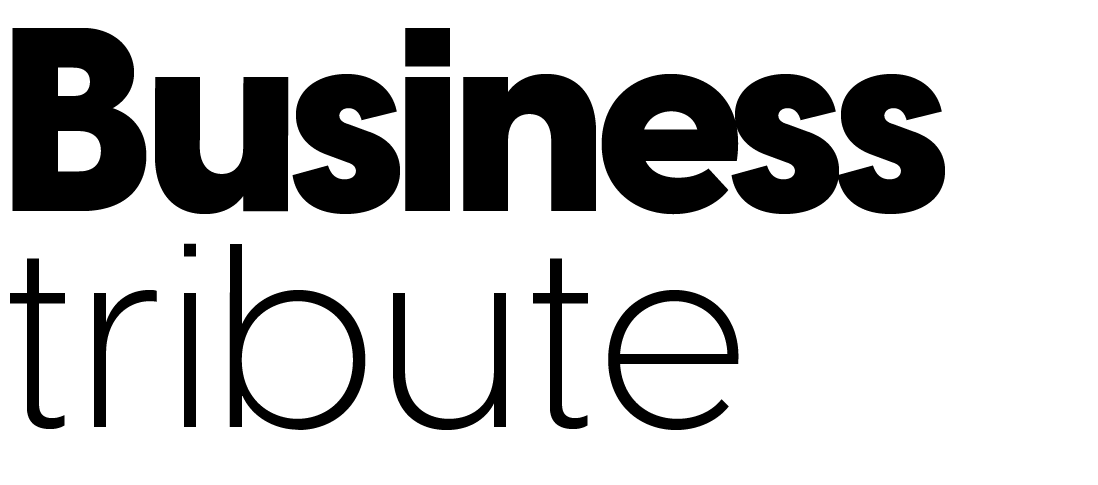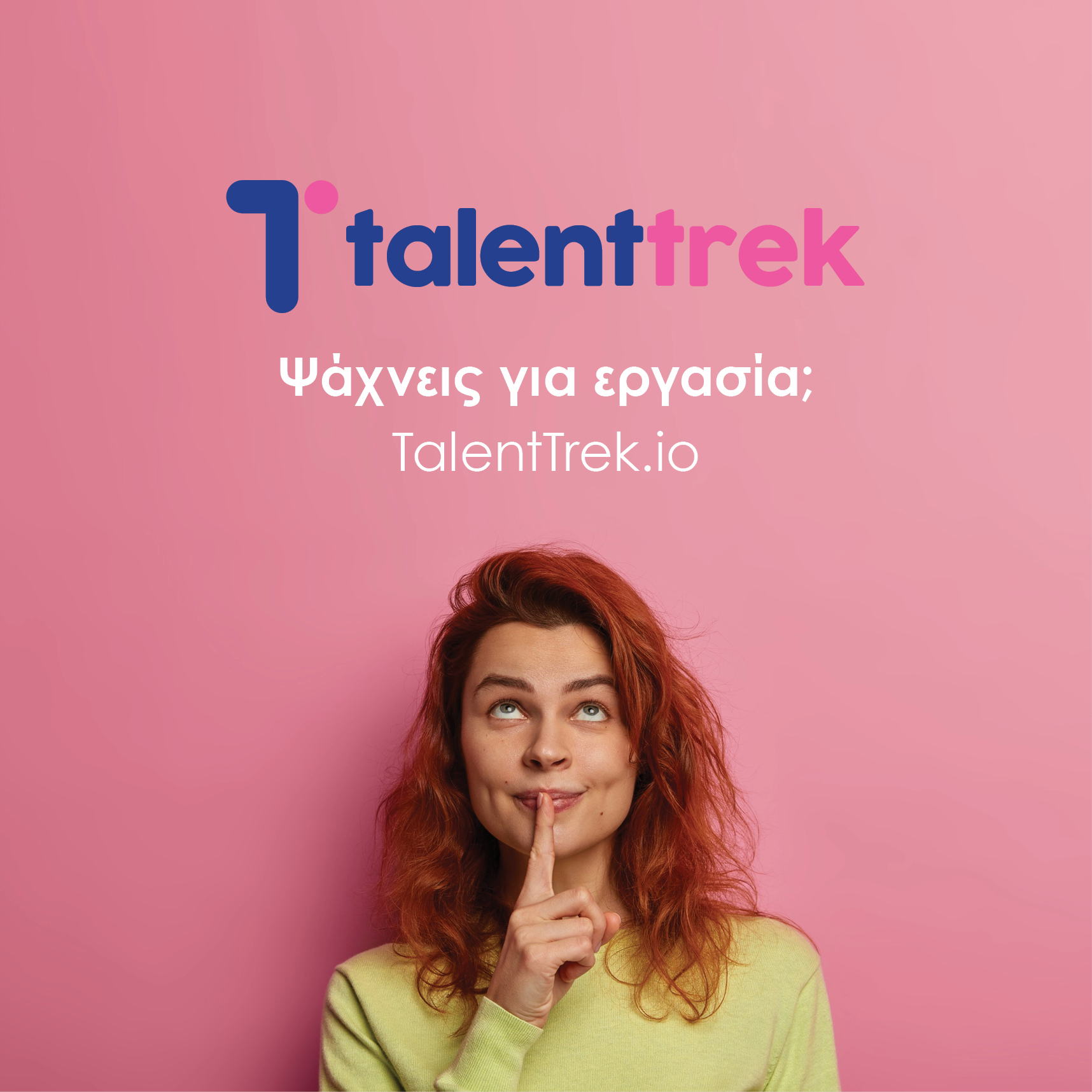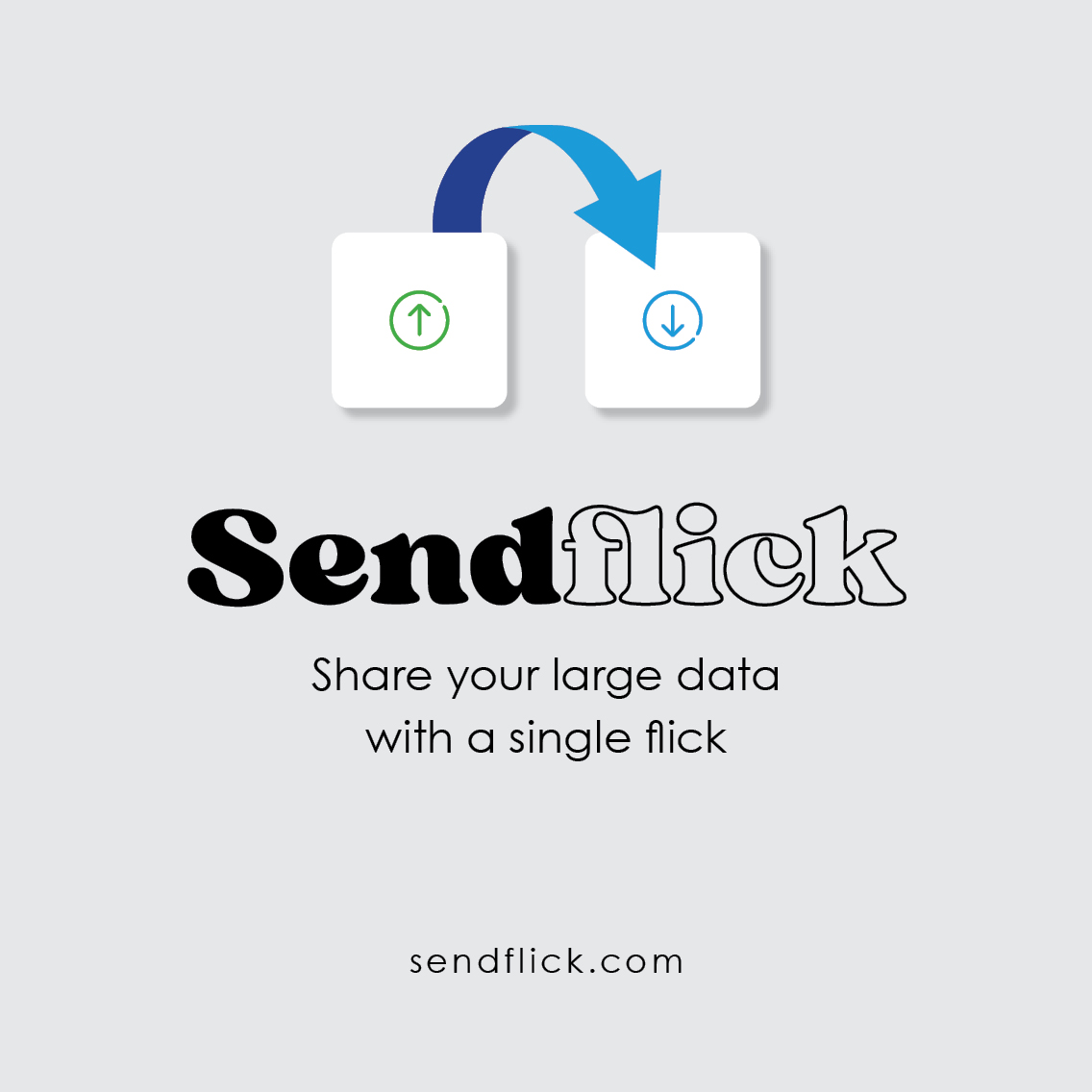
Once again, this isn’t surprising, as even Google acknowledges the shift toward TikTok and Instagram for search as a potential threat to its business. The question then arises: “What is generative AI doing about this trend?”
Google recently added ChatGPT-like answers to its Search, providing automated summaries for certain queries. If conversational search like this becomes a larger shift, as many expect, will it then attract more people back to Google?
In the same vein, TikTok is experimenting with its own AI chatbot, while Meta has integrated AI assistance across all its apps (except Threads).
Thus, they are looking to offer similar options, and it will be interesting to see how discovery changes, if at all, as a result of these advanced AI tools. But a more intriguing aspect of the Forbes Advisor study examines what people seek on social apps versus Google search.

As you can see in this chart, Gen Z users primarily turn to social apps for trends in fashion, beauty, food, and DIY projects—essentially self-care and wellness topics.
In contrast, they rely on Google for larger purchases, places to visit, and professional services. This isn’t surprising either, but it’s interesting to consider where people look and how this relates to brands’ and marketers’ efforts.
The first takeaway is that it largely depends on the audience you’re trying to reach. If you want to connect with older demographics, Google remains a crucial avenue, and it’s worth considering the messaging you use for that audience.
However, an increasing number of young people are looking to social media, which could help guide your creative strategies and align with each platform. So, while it might seem relatively obvious based on broader trends, it’s essential to consider the specifics and how they relate to your promotions.
You can view the full report of the study here.






